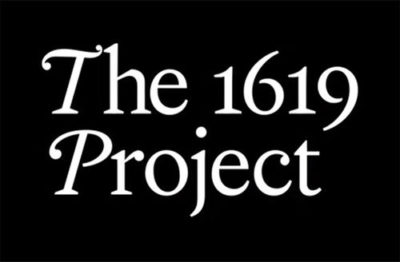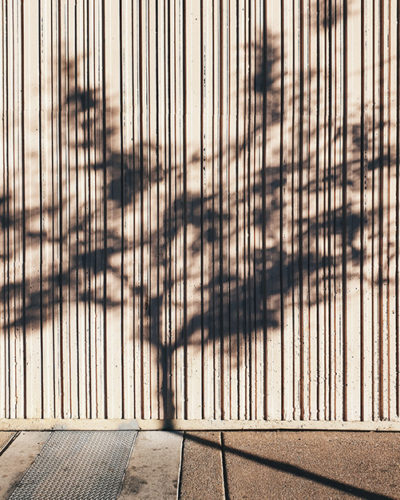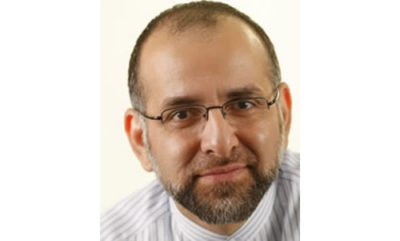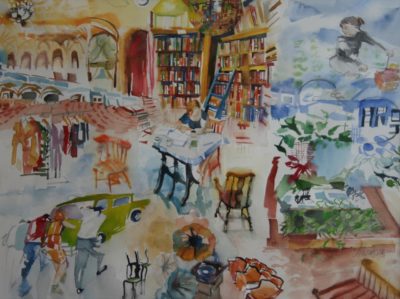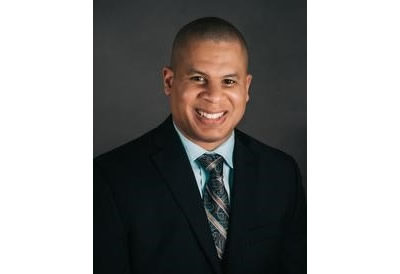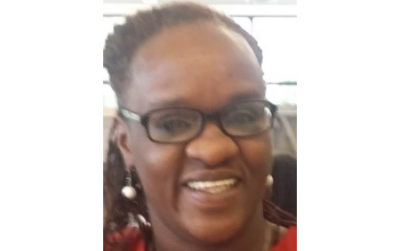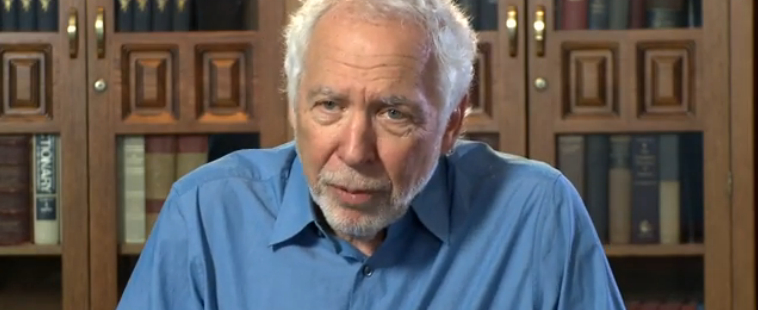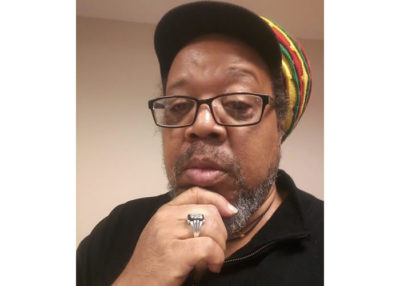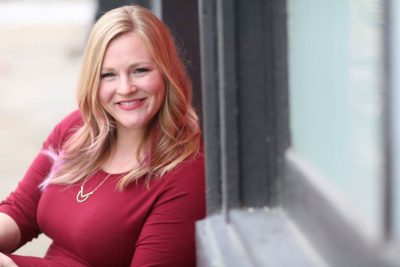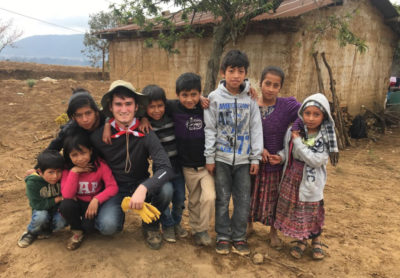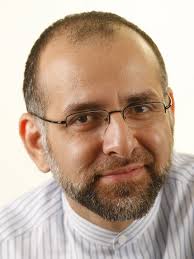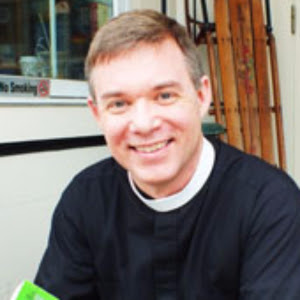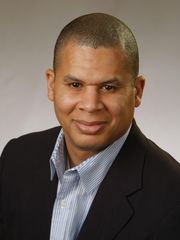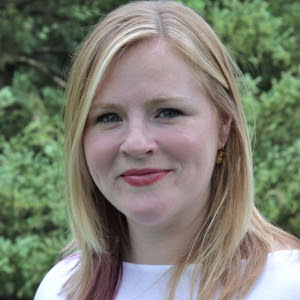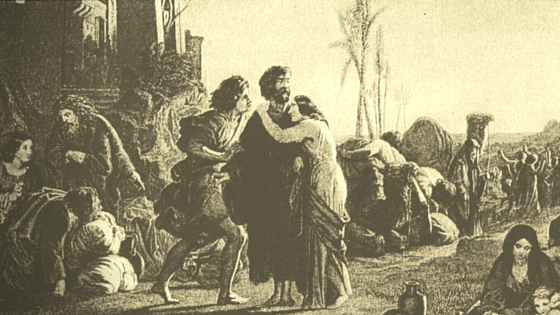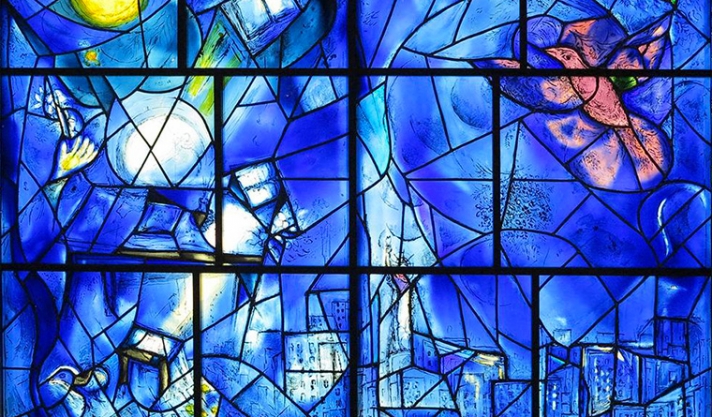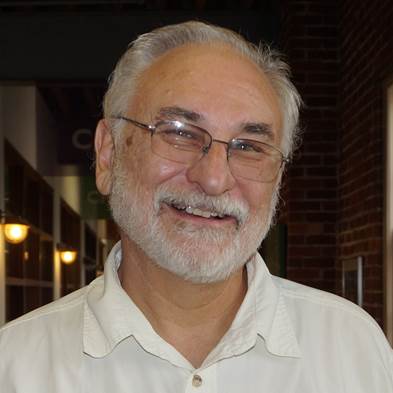Category Archives: Jubilee

Shifting our economic consciousness begins with recognizing that the dominant narrative is that the economy is by nature competitive, individualistic, and self-interested; winner take all. If you can’t make it, there is something wrong with you. If you are labelled as poor or homeless, a dropout or any other deficiency category, you are placed in exile from the world around you. We think that is just the way things are.
It is not. We made it up and not too long ago. We have a choice to shift our thinking and construct an economy that is co-operative, communal and generous. A compassionate or Jubilee economy that begins with the idea of debt forgiveness and then goes deeper. Jubilee is an act of imagination to welcome all in from exile.
We are conducting a series of Jubilee Forums that convene a wide range of citizens, business, social service, faith and neighborhood people, to identify and begin to shift the landscape of credit and debt in our neighborhoods. It explores the meaning of Jubilee, restoring the land and people every seven and forty nine years. We want to understand the role debt plays in our lives and how to keep it in perspective. We are working to invent forms of investment and interest-free vehicles that are realistic and would work to give people in vulnerable neighborhoods more control over their economic lives, including how to increase their capacity to capitalize their gifts and build more economic vitality into their lives. Jubilee can jump start this.
Recordings of the main speakers at the forums are below:
Slavery Story Shared in Song
Jubilee is very simple.
Consumerism and Jubilee
Bringing Forth Jubilee in 2019
Debt and Usary in Islam
The Jubilee Campaign
Visions of a Just Economy
Jubilee is an attempt to be a “ray of light that pierces through the darkness of fear,” says Adam Clark. In this audio recording, Adam, Associate Professor of Theology at Xavier University, talks with Peter Block about the modern vision of Jubilee – a biblical metaphor based on a period of economic re-distribution where slaves are set free, land is returned to its original owners and debts are forgiven.
Adam talks about the ideology of consumerism as a form of religion, the politics of disposability, distributing ownership and more in this radical conversation. Listen here:
Quotes:
“What’s so kind of remarkable about the consumer religion is that it’s not attached to any place. It’s all over. Any place is interchangeable . . . . The religion is something that thrives in homogenizing global culture.” – Adam Clark
“A beloved community is where everybody has some control over their economic lives and participates in the economy. That’s just never happened.” – Peter Block
Related Links:
View these videos of Adam Clark in conversation with Peter Block:
https://www.restorecommons.com/jubilee-professor-adam-clark/
https://www.restorecommons.com/professor-adam-clark/
Residents Collaborate for Change
“We are here to change the paradigm, how you think, about public housing residents,” says Lashkela “Nikki” Steele, the Parliamentarian and Service Coordinator for J-Rab (Jurisdiction Resident Advisory Board) Inc. J-Rab advocates for social justice and represents more than 15,000 public housing residents.
Nikki shares how J-Rab’s business and service coordination center is working through the six “p’s” to prosperity. The first task is planning and looking at residents who have capacities and skills that are marketable. They are bringing resident-owned businesses together and supporting them. “There is good every single day that goes on (in public housing),” she says.
A mother of three and grandmother of 11, Nikki is a Sullivan Community College graduate and aspires to receive a Bachelor’s and then Master’s degree. Listen to her talk at the “Sanctuary as Jubilee” Community Forum and Conversation:
Changing the Neighborhood Conversation
Part of Jubilee work is to change the narrative away from the predominant culture where people who don’t have wealth are considered broken. Peter Block says reconstructing our language and thinking involves changing how neighborhoods are measured.
He’s working on an economic neighborhood vitality index that measures the economic productivity of citizens and neighborhoods that are traditionally called broken, poor or untrained. Questions such as: What are you good at? What do you make/fix/care for? Where do you get money if you need to borrow it?
“That’s the real Jubilee idea,” says Peter, convener of the Jubilee Circle. “It’s not we’re going to write out a check and forgive the debts. It’s that we’re going to re-construct the narrative of who these neighbors are.”
He also shares about the need to welcome and get connected with people who are strangers. Peter was one of the speakers at The Economics of Compassion Initiative’s “Sanctuary as Jubilee” Community Forum and Conversation. Listen to more:
Personal Jubilee Journey
Cincinnati resident Ras TafarI shares about his own path to Jubilee and involvement with his building’s J-Rab (Jurisdiction Resident Advisory Board) – which advocates for social justice and represents more than 15,000 public housing residents. He shares about the impact of getting involved in J-Rab meetings, learning about being a section three resident and making community connections.
Listen to more of his story from The Economics of Compassion Initiative’s “Sanctuary as Jubilee” forum:
Faith Communities Form Sanctuary Movement
How does the world we live in give rise to the need for sanctuary as Jubilee? In response to vulnerable community members and undocumented immigrants the Cincinnati faith community is knitting together a sanctuary movement, with roots after the Hebrew scriptures cities of refuge. Places of worship are viewed as a safe place, and 17 congregations are offering sanctuary.
Rev. Troy Jackson, Executive Director at the AMOS Project and former Senior Pastor at the University Christian Church, discusses how Jubilee involves a restoration of property and place and equalizing.
Listen to Rev. Jackson’s message from the Economics of Compassion Initiative’s “Sanctuary as Jubilee” forum:
Rabbi Practices Debt Forgiveness with Congregation
A Case for Empathy
The Radical and Freeing Work of Enacting Jubilee
Jubilee Forum 4 – Reverend Troy Jackson
Jubilee Forum 4, December 3, 2015
Reverend Troy Jackson is Executive Director of the Amos Project. He speaks in a personal way about how debt becomes isolating and something we feel we must hide. He connects the Jubilee idea to the civil rights movement. We now have the opportunity to create an alternative economy, which is the unfinished business of that movement.
Jubilee Forum 4 – Professor Waleed El-Ansary
Jubilee Forum 4, December 3, 2015
Professor Waleed El-Ansary, Islamic Scholar and Xavier Professor of Islamic Studies, speaking from the perspective of the Koran and Islamic culture on debt and economics. This includes how the land and earnings were committed to the common good. This means there was no such thing as consumer debt. He also explains the close connection between art, production and the presence of God. There was never a separation between science, work and spiritual meaning.
Jubilee Forum 3 – Reverend Rob Rhodes
Jubilee Forum 3, October 29, 2015
Reverend Rob Rhodes, host of Jubilee Forum 3 at Christ Church Cathedral, speaks in a very personal way about how financial institutions can draw us into debt almost without notice. The ease and subsequently high cost of debt pairs with the seduction of a certain life style to put us into very difficult conditions. He also notes that debt has become a substitute for increased wages. In the end Jubilee is not just about forgiveness, it also about liberation.
Jubilee Forum 2 – Professor Adam Clark
Jubilee Forum 2, September 3, 2015
Commentary by Xavier theology Professor Adam Clark. Jubilee is about a shift in culture, consumer culture. This begins with an inward look. The earliest Christian communities were about sharing one’s possessions in meeting community needs.
Jubilee Forum 2 – Rabbi Miriam Terlinchamp
Jubilee Forum 2, September 3, 2015
Rabbi Miriam Terlinchamp, hosting Forum 2 at Temple Sholom, opens the window to Jubilee from a Jewish perspective. She speaks of a history of exile and building a future in today’s world and what burden this places on us. She says, “Pray as if everything depends on God, act as if everything depends on you.” How taking care of our own is not enough, we need to question the systems that have maintained us and cast the net as widely as possible.
Jubilee Forum 2 – Reverend Rob Rhodes
Jubilee Forum 2, September 3, 2015
Reverend Rob Rhodes of Christ Church Cathedral speaks of the Kingdom of God in contrast to the Kingdom of Pharaoh, and the presence of Jubilee in the New Testament. The idea of Jubilee has existed at times, now is the time of remembering it, living the Gospel, bringing it into our community, embracing an alternative economy, as the center of Christianity.
Is Now the Time to Bring Alive Centuries-old Jubilee Concept?
Jubilee Forum 1 – Rev. Damon Lynch III
Reverend Damon Lynch III welcomes us to New Prospect Baptist Church as the Village Well. He connects the biblical idea of Jubilee to our modern cultural struggles. He quotes extensively from the Randall Robinson book: The Debt: What America Owes to Blacks and narrates the story of a black male over the generations. He explores what this means for us today.
Jubilee Forum 1 – Walter Brueggemann
Jubilee Forum 1, August 13, 2015
Walter Brueggemann, retired (supposedly) Old Testament Scholar and author, speaks to our relationship with money. He speaks to the exodus story and the wilderness from the Old Testament and the Pharaoh economy. It is about our passion for austerity and the possibility of creating an alternative.
Jubilee Forum 1 – Tim Kraus
Jubilee Forum 1, August 13, 2015
This begins with Tim Kraus giving the context for the Economics of Compassion Initiative Jubilee Forum Series.



